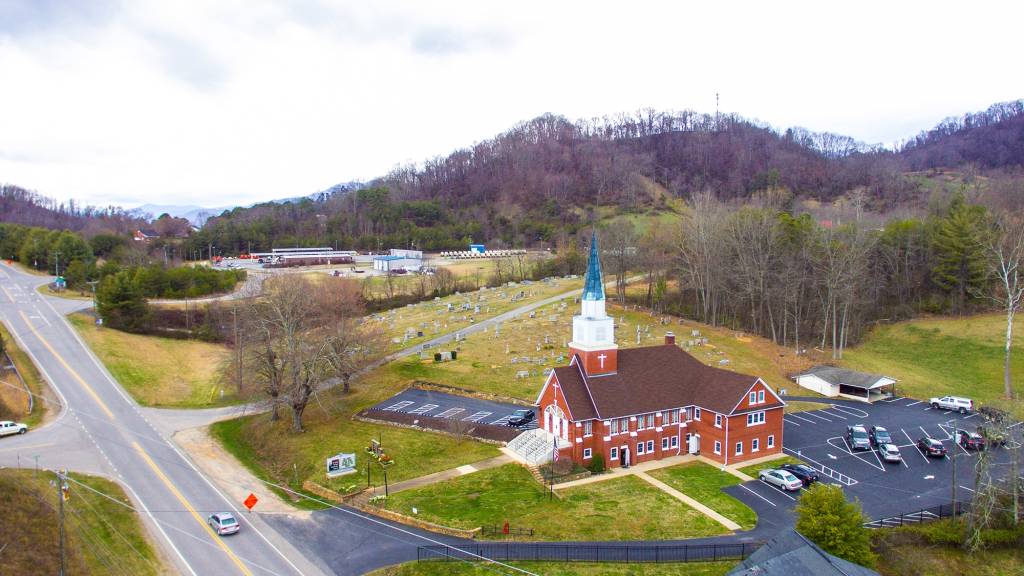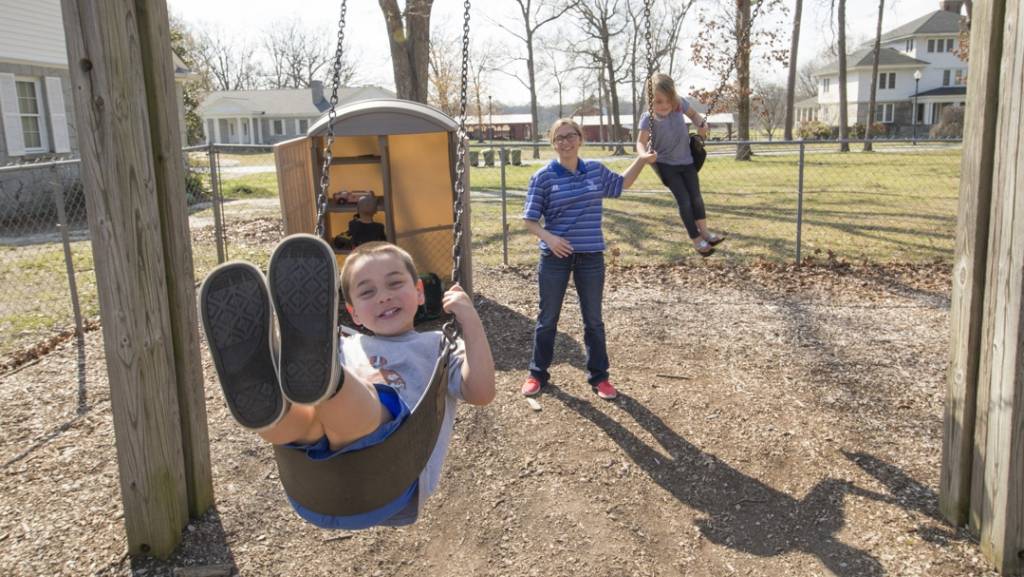Challenge
Many United Methodist Churches across North Carolina are struggling to sustain the membership levels needed to fulfill their missions and maintain their financial resources.
Many United Methodist Churches across North Carolina are struggling to sustain the membership levels needed to fulfill their missions and maintain their financial resources.
The Church Legacy Initiative offers compassionate counsel to church leaders, partners legacy congregants with welcoming United Methodist communities, and helps congregations celebrate their history and sow new seeds of ministry.
Church buildings that close for worship services can be reoriented to positively effect the community, offering space for campus ministry hubs, community gardens, and much more.
In the Indenture of Trust that created The Duke Endowment, James B. Duke supported the building and maintenance of United Methodist Churches in North Carolina, doing so in the belief that they would be catalysts for strong congregations.
He also recognized that the building alone is not what is meant by “church.” The people are the heart of the church, and are the driving force behind building discipleship and strengthening communities.
When churches are low on financial resources, they cannot meet the goal of being vibrant, vital touchstones for the community in the future.
Across the state of North Carolina, many United Methodist Churches are struggling to maintain a healthy membership level. Accordingly, they struggle to fulfill their missions, holding fewer expressions of faith, such as baptisms and weddings, and deferring necessary maintenance to church buildings.
Many of these churches find themselves in financial peril. They rely on increasingly large donations from aging members and depend on unsustainable levels of support from their district or conference.

The CLI provides churches with extensive support as they consider options for their future.
Church leaders are aided throughout the process by CLI personnel, who offer compassionate counsel while working with pastors and congregants as they make decisions. It is a prayerful process that recognizes a church is not just a building — it’s the backdrop for important memories, and a special place to many people.
Through loving faithfulness in this new ministry, the CLI is providing the Western North Carolina Conference (WNCC) with greater opportunities to fulfill its mission of following Jesus and making disciples who will transform communities and the world.
When closure is determined to be necessary, the CLI helps legacy congregants partner with welcoming United Methodist communities that will honor their history and embrace opportunities to engage in future ministry together.
The CLI also helps congregations celebrate their history and sow new seeds of ministry. Through a partnership with Wesley Community Development (WCD), a nonprofit that helps repurpose church real estate to meet community needs, the CLI seeks innovative reuse of church buildings that continue to nurture disciples, as well as maintain and protect records and cemeteries affiliated with closing churches into perpetuity. The money generated by closed church properties also provides funding for new, active ministry efforts.

When churches close for worship services, the building space can still be reoriented to have a positive effect on the community. Examples of new ways in which church spaces have been positioned after going through revitalization processes include:
Although the CLI is still in its early stages, there have been insights that have emerged from its projects, including:
There is no one correct path when embarking on the CLI process. As congregations make collective decisions about their future, the path each church takes will be unique to its situation.
The decision-making process should be multifaceted and collaborative. Conference leaders, pastors and congregation members should all have a voice in the decision about the future of the church.
Decisions about the future of the church must be honest. At times, closure will be necessary. The process to arrive at that decision will be a prayerful one, but honesty about the best path forward should be prioritized.
The CLI is a compassionate, emotionally supportive process. Churches are a spiritually meaningful space and CLI leaders will place an emphasis on emotional support and empathy during this difficult process.

July 23, 2025 | Kristen Richardson-Frick, Mebane Rash and Hannah Vinueza McClellan